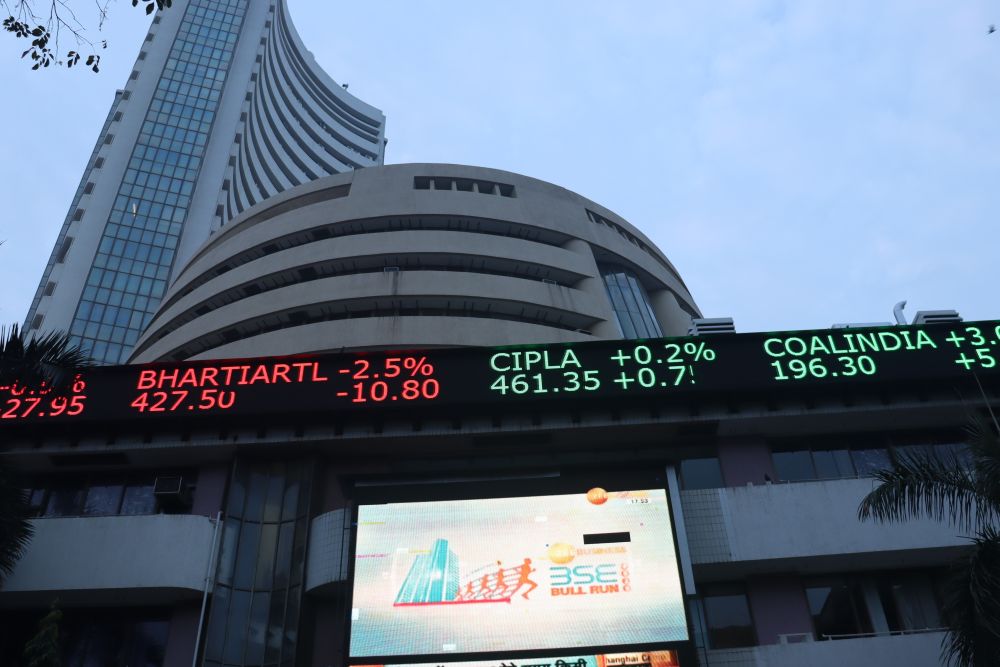 |
|
Developments in Japan and Korea are extremely interesting, because they give us potentially valuable insights about the broader future relations between emerging markets (EM) and highly indebted developed countries (HIDCs).
In particular, we see Japan as slightly ahead of the other HIDCs as its government has now reached the point where its frustration with the failure to generate a proper economic recovery has led it to go for fully fledged currency debasement and inflation. Korea is equally interesting because it is on the receiving end of Japan’s currency manipulation and hence finds itself in the position that many other EM countries will occupy in a matter of just a few years from now when the other HIDCs also begin to inflate and debase their currencies (particularly when they realize that raising interest rates materially is not easy when you have massive debt overhangs). The value of the Korean won has appreciated dramatically against the Japanese yen.
The won and yen have increased by a whopping 65% since 2011. While Japan is just serving narrow national self-interest – as other HIDCs will do in due time – Korea is facing a tougher set of questions about its appropriate policy response. One option is that Korea engages in competitive currency debasement. But, in doing so, it would soon create inflation, because Korea does not have the same structural obstacles to inflation as Japan. Inflation in turn would undermine confidence in the government’s management of the economy and ultimately get the government into serious trouble. The smarter move would be to recognize that Korea’s currency shock is an external shock to which Korea has little alternative but to adjust.
The loss of export competition arising from appreciation of the won can be offset if productivity is raised. Higher domestic productivity would not only help to preserve the competitive edge in the export sector, but would also make it possible to raise domestic demand without inflation and worsening the trade balance. During the reforms phase fiscal policy can support growth.
Our view is that many EM countries are going to face similar challenges to Korea’s over the next few years as inflation resurfaces in the HIDCs, starting with the US in 2016. One important difference between Korea’s situation versus Japan and the coming broader EM experience versus HIDC currencies, particularly the USD, in the coming years is that the yen is not a major global reserve currency. This limits the ‘upside’ to Japan’s currency manipulation to exporters.
By contrast, a weaker USD would also debase the real value of the huge proportion of US government debt held by EM countries as foreign exchange reserves. It is likely that the resulting losses will force EM central banks to actively diversify away from USD. This means that the won’s appreciation versus yen understates the eventual currency appreciation that EM’s largest reserve holders will experience versus the USD once inflation resurfaces in the US and the markets realize that the Fed is powerless to stamp it out on account of a large debt overhang, low trend growth due to lack of reforms, and huge volumes of QE that cannot quickly be soaked up.
To us, today’s Korea-Japan situation offers two very important lessons for the world of tomorrow: Firstly, it is extremely important that investors are not side-tracked by short-term herd dynamics in the currency markets. Momentum trades can move markets in the short term, but macroeconomics ultimately determines the destination. Secondly, there will be ever more differentiation across EM countries – both in terms of investment and fundamental economic performance – over the next few years.
Jan Dehn is the head of research at Ashmore









